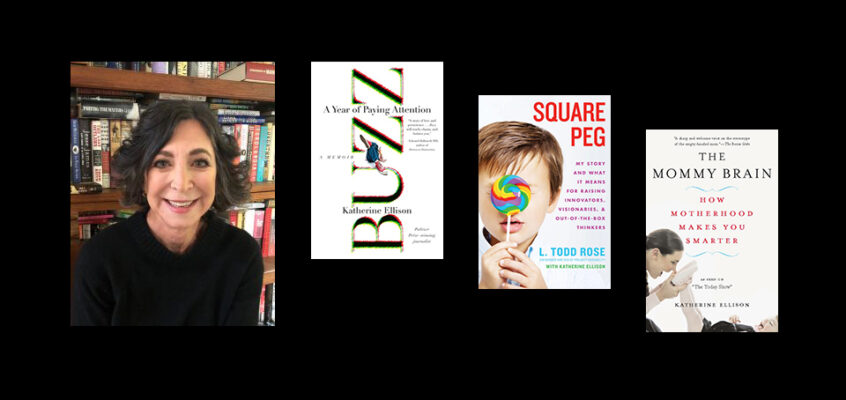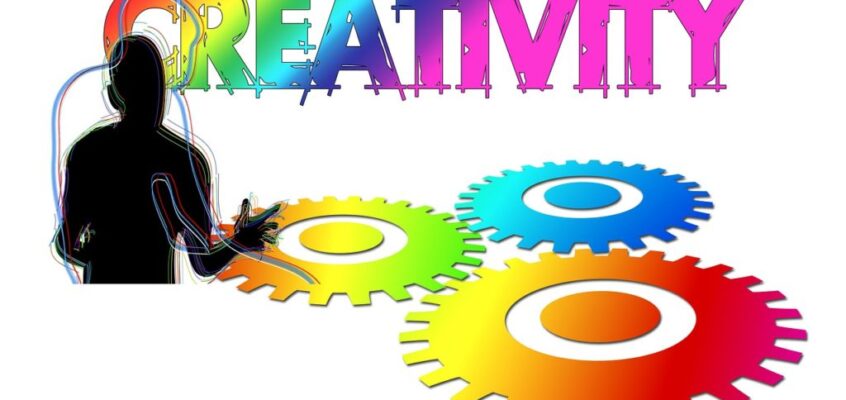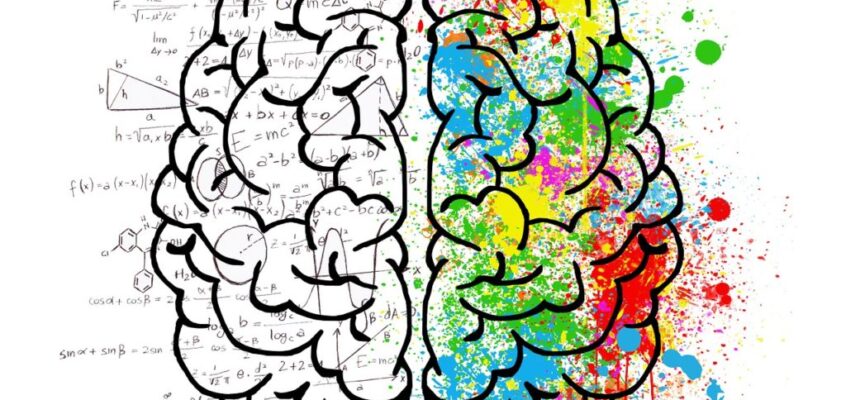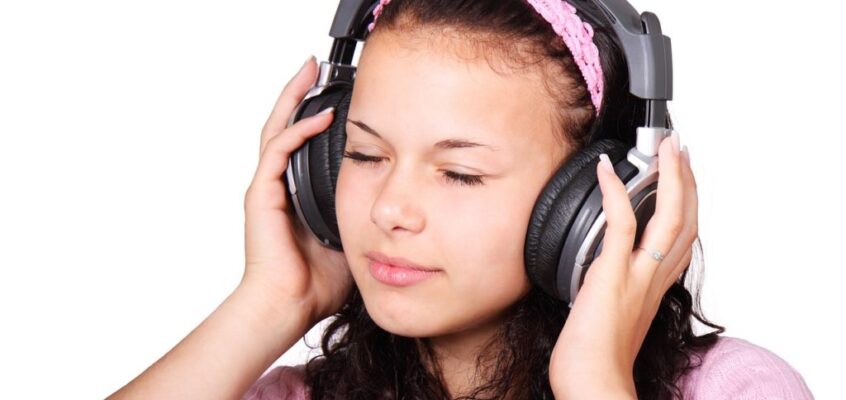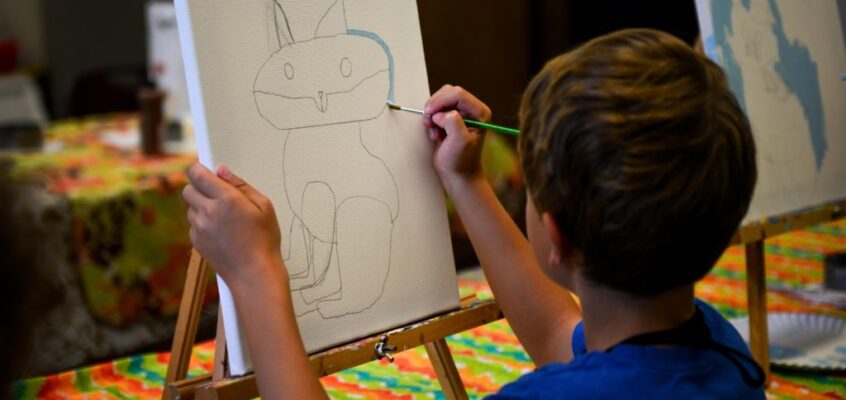Deconstructing ADHD Creativity
ADHD is most often talked about in the context of problems it can cause – related to distractibility, impulsivity, and hyperactivity. But new research is showing that the ADHD brain can be particularly effective at three types of cognition that form the basis of creative thinking: divergent thinking, conceptual expansion and overcoming knowledge constraints. In a world where innovation and creativity are more highly prized, the ADHD mind can be a valuable asset.




